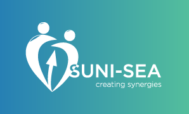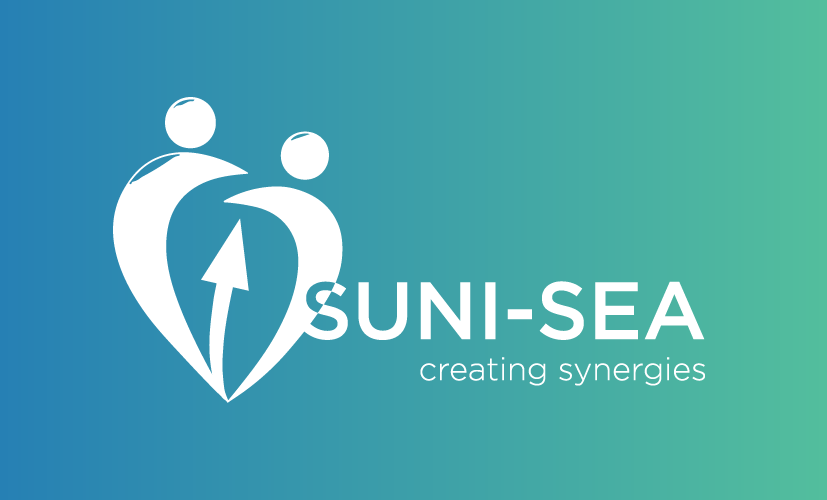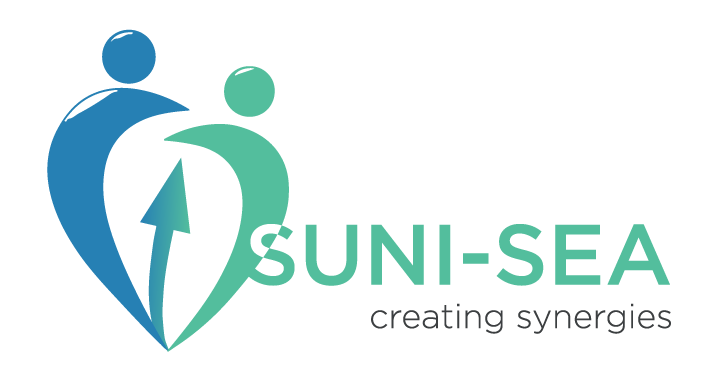In late 2020, a SUNI-SEA project kick-off workshop was organised among local stakeholders in Ninh Binh province in the north of Vietnam, to introduce the project interventions and action plan.
Following the workshop, with support from the Department of Health in Ninh Binh, a team from the Health Strategy and Policy Institute (HSPI) and Thai Nguyen University of Medicine and Pharmacy (TUMP), who are SUNI-SEA project consortium members in Vietnam, conducted a baseline survey in four districts, namely Yen Mo district, Gia Vien district, Tam Diep city and Ninh Binh city. The survey was carried out in two phases during the first quarter of 2021.
As part of the baseline survey, the research team looked into the current status of how hypertension and diabetes services are being managed and provided at local primary health care facilities. This research activity allowed multiple stakeholders to comment on the proposed interventions in specific sites. The researchers also conducted interviews with the patients and community members, and sought their views related to access to health care facilities and treatments.
In the context of Vietnam, stakeholders within a province range from provincial to commune level. Local authorities and health managers in this baseline survey include: People’s Healthcare Committees at district and commune levels; Ninh Binh Department of Health and health centres in the four research districts. The team also gathered information from health providers, such as health workers of commune health stations and village health workers, and patients with hypertension and/or diabetes. The survey respondents also included civil society organisations; the Association of the Elderly in Ninh Binh, and the Intergenerational Self-Help Clubs (ISHCs).
During Phase I of the baseline survey, researchers used several methods to collect information, as follows:
- Conducting focus group discussions
- Conducting a health facility survey at commune health stations using self-reported data templates and checklists
- Conducting an assessment among doctors and their assistants working in commune health stations using a self-administered questionnaire to assess their training needs
- Conducting interviews, using questionnaires with patients with hypertension and the members of ISHCs. Phase I was a pilot phase of the questionnaire, and later the researchers finalised the data collection tool, using a mobile application called ODK, a survey software allowing quick and accurate data collection.
In Phase II, the research team undertook two different surveys in the four intervention districts, including a patient survey and a community survey. Patients with hypertension sampled from twelve commune health stations were recruited for the patient survey, while the community survey was conducted among members of ISHCs established at the intervention sites.
Currently the survey has been completed in Ninh Binh province and the research team is now working on analysing both qualitative and quantitative data. The next step is to initiate the follow-up discussion with local health authorities and related stakeholders to implement the interventions, such as preparing capacity-building training for health workers and communities. In Ninh Binh, the team plans to start the hypertension and diabetes screening events among ISHC members, as the training for all the ISHCs in the province has been completed. (Read ‘Community is the key to behavioural change’).
With two project sites in Vietnam, Ninh Binh province and Hai Phong province, a similar process for stakeholder workshop, baseline survey and project implementation will be repeated in Hai Phong province.
Overall, the baseline survey is expected to provide essential information and inputs for the project team to finalise the locally specific intervention strategies, and to provide baseline data, that will later be compared with end line survey results, to measure the feasibility and effectiveness of the SUNI-SEA project in Vietnam.






